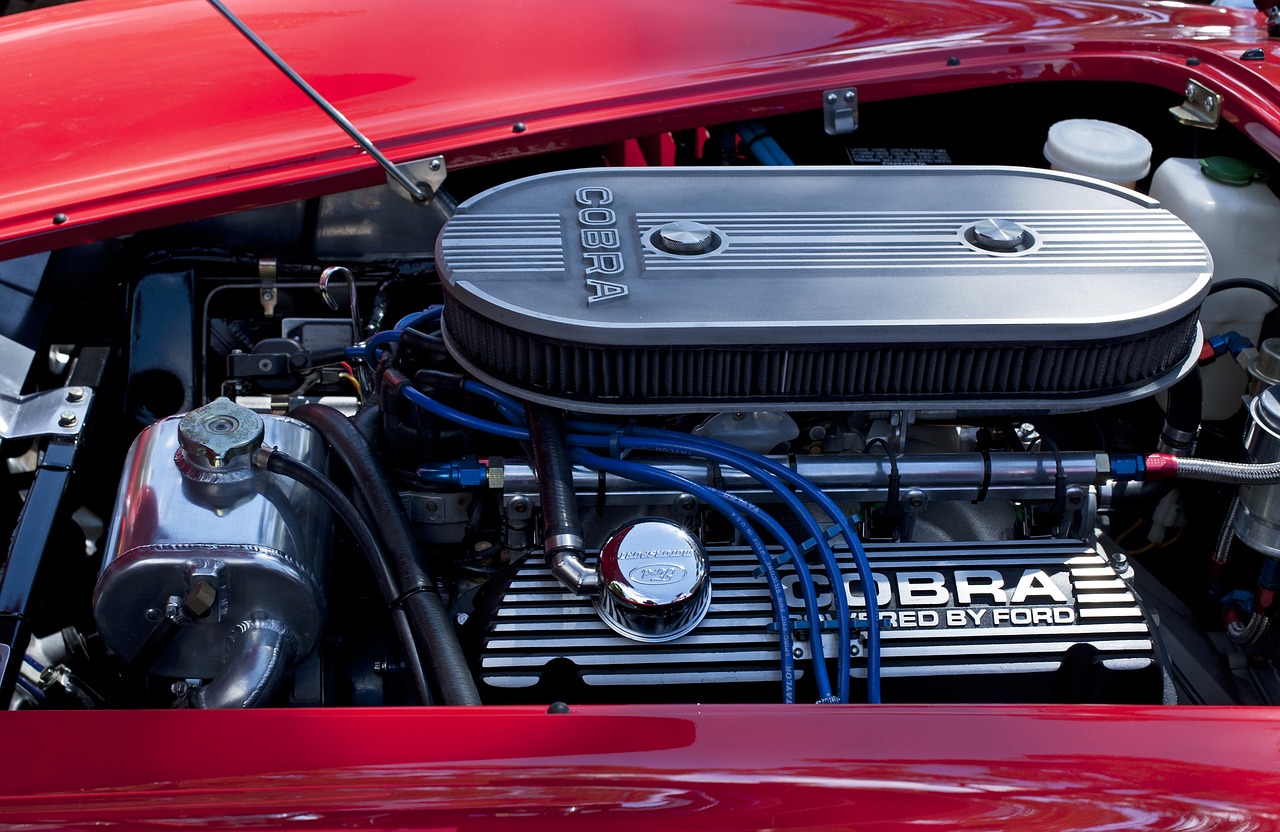Some of the most important but overlooked elements of vehicle performance are filters. When filters get clogged or dirty, your car’s performance suffers and serious problems could result. In extreme circumstances, filters that are not properly maintained can cause engine failure.
Understanding the different filters in your vehicle and how to maintain them properly is key to keeping everything operating well. For the most part, vehicles have four different filters that work to keep air, fuel, and oil free of dust, dirt, and contaminants. The timelines for cleaning and replacing these filters vary, so it is important to pay close attention to all four and follow manufacturer recommendations when it comes to maintenance. Read on to learn more about each of the four filters.
1. Air filters
Oxygen is required for the combustion process that makes engines run. Air filters help remove dust, sand, insects, and other debris from entering the engine.
Air filters come in several different shapes depending on the vehicle that you drive. For the most part, they are made from pleated cotton, foam, or synthetic paper. With a clean air filter, the oxygen reaching the engine is free from debris, which helps maximize the power generated. Clean oxygen leads to good combustion, which maintains a good fuel economy. When the air filter becomes dirty or clogged, combustion will not be complete and your vehicle’s exhaust may appear black. Not only does this waste fuel, but it also increases the emissions from your vehicle.
As a general rule of thumb, the air filter needs to be replaced about every 30,000 miles, although the range is between 15,000 and 45,000 depending on the make and model of your vehicle. Usually, the air filter is found in the engine bay, which means you can easily pull it out to look at how dirty it is.
2. Fuel filters
The fuel filter helps remove any dust, grit, or rust that is in the fuel you put in your vehicle. Eliminating these contaminants helps keep the fuel injectors in your vehicle clean, which in turn maximizes performance and enhances the overall longevity of your engine. When the fuel filter becomes clogged, the flow of fuel can be reduced, which limits the performance of the engine. Also, the fuel pump will need to work harder, which could result in poor acceleration, stalling, or issues starting the car. The other important point to consider is that these contaminants can act as an abrasive and cause additional wear and tear on the engine. Eventually, a clogged filter will cause the fuel pump and the injectors to fail.
The fuel filter generally gets changed yearly, or after about 50,000 miles. However, the exact timeframe will depend on your vehicle, so it is important to keep track of manufacturer recommendations. The location of the filter also depends on how your vehicle has been designed. While some are easy to reach, others may be in tricky locations.
3. Oil filters
The oil filter in your vehicle plays a very similar role to the fuel filter. It removes metallic particles, dirt, and even oxidized oil that can be found in the oil. Some of these contaminants will naturally leach out of the oil as it travels through the engine. The filter will purify the oil so that it lubricates the engine as effectively as possible. The oil filter will slowly fill with contaminants over time and stop working efficiently once the capacity has been reached. The primary reason to replace the filter regularly is to ensure that oil gets delivered to the engine as it is needed. When the filter starts to fail, the oil will pass through more slowly, which can lead to poor engine performance and increased rates of wear. Eventually, the engine will fail if the filter is not replaced.
Typically, the oil filter gets replaced whenever the vehicle’s oil gets changed. Doing this helps avoid soiling the new oil too quickly. The timing of oil changes for your vehicle depends on several factors, from whether it uses gasoline or diesel to the type of oil. Follow the recommendations of the manufacturer and be sure to replace the oil filter with an equivalent type.
4. Cabin filters
The cabin filter is similar to the air filter except that it cleans the air coming into the interior of the vehicle. Air passed through heating and air conditioning systems will go through this filter, which is meant to remove dust and pollen, along with other airborne particles. Some vehicles have a carbon activated filter, which can help capture some of the exhaust gases that pollute the air, as well as certain odors. These filters can prove essential for drivers with significant allergies or respiratory issues. A clean cabin filter means you will breathe clean air, but if the filter does not get replaced, you will likely notice unpleasant smells or your allergies acting up over time. A clogged filter can also reduce airflow into the car, which can cause issues if you are trying to defog the windshield. Keeping the filter clean also prolongs the life of ventilation and air conditioning systems.
For most vehicles, the cabin filter should be replaced every 15,000 to 25,000 miles. However, if you drive in a city or a desert, you may need to replace it more often. Many drivers choose to replace the cabin filter annually even if they have not hit the target mileage.
